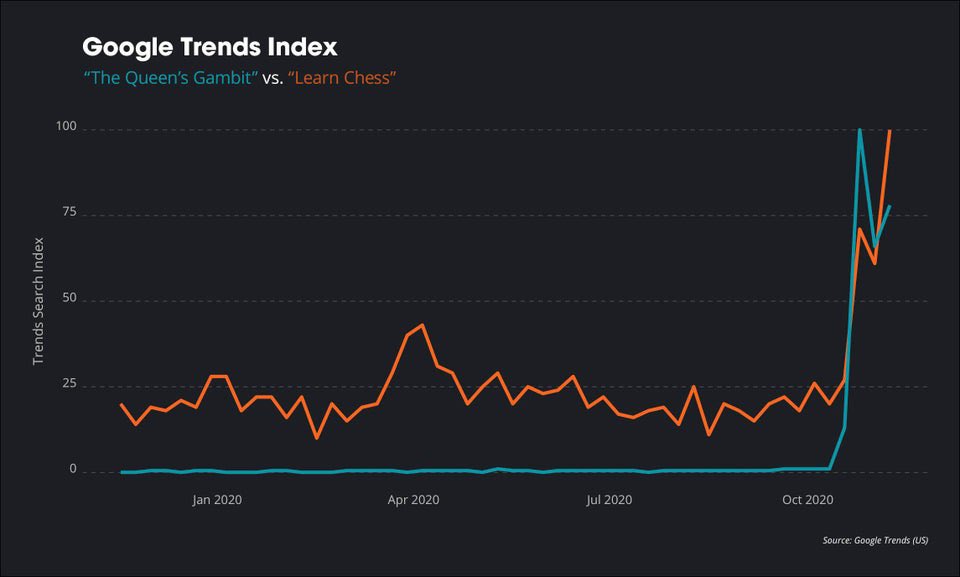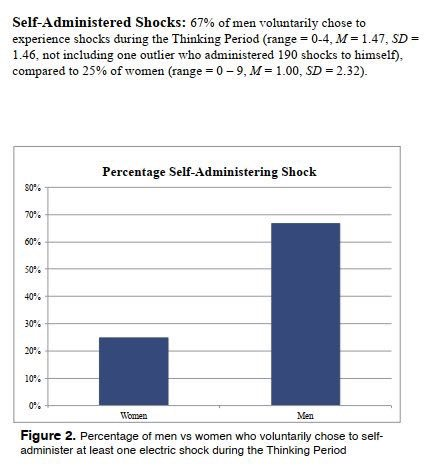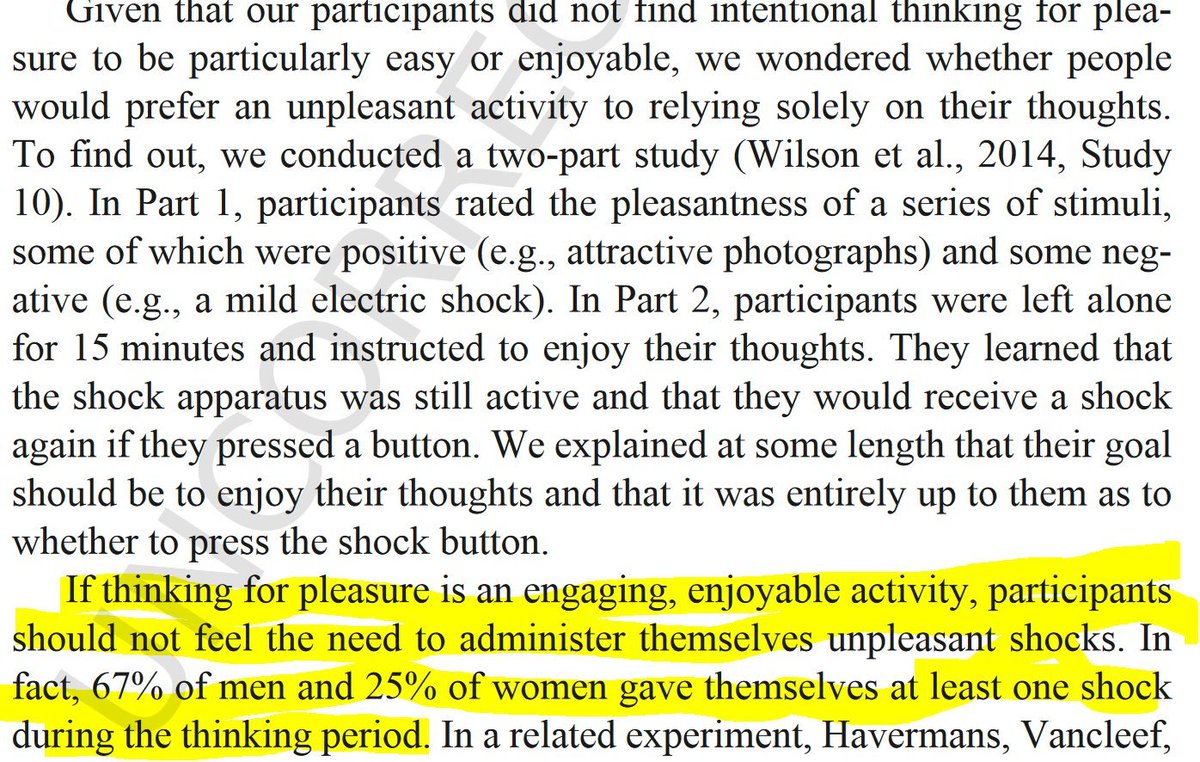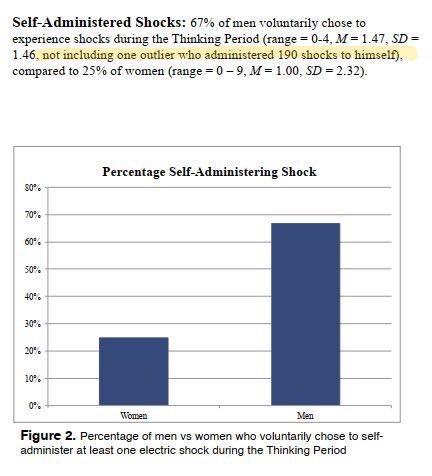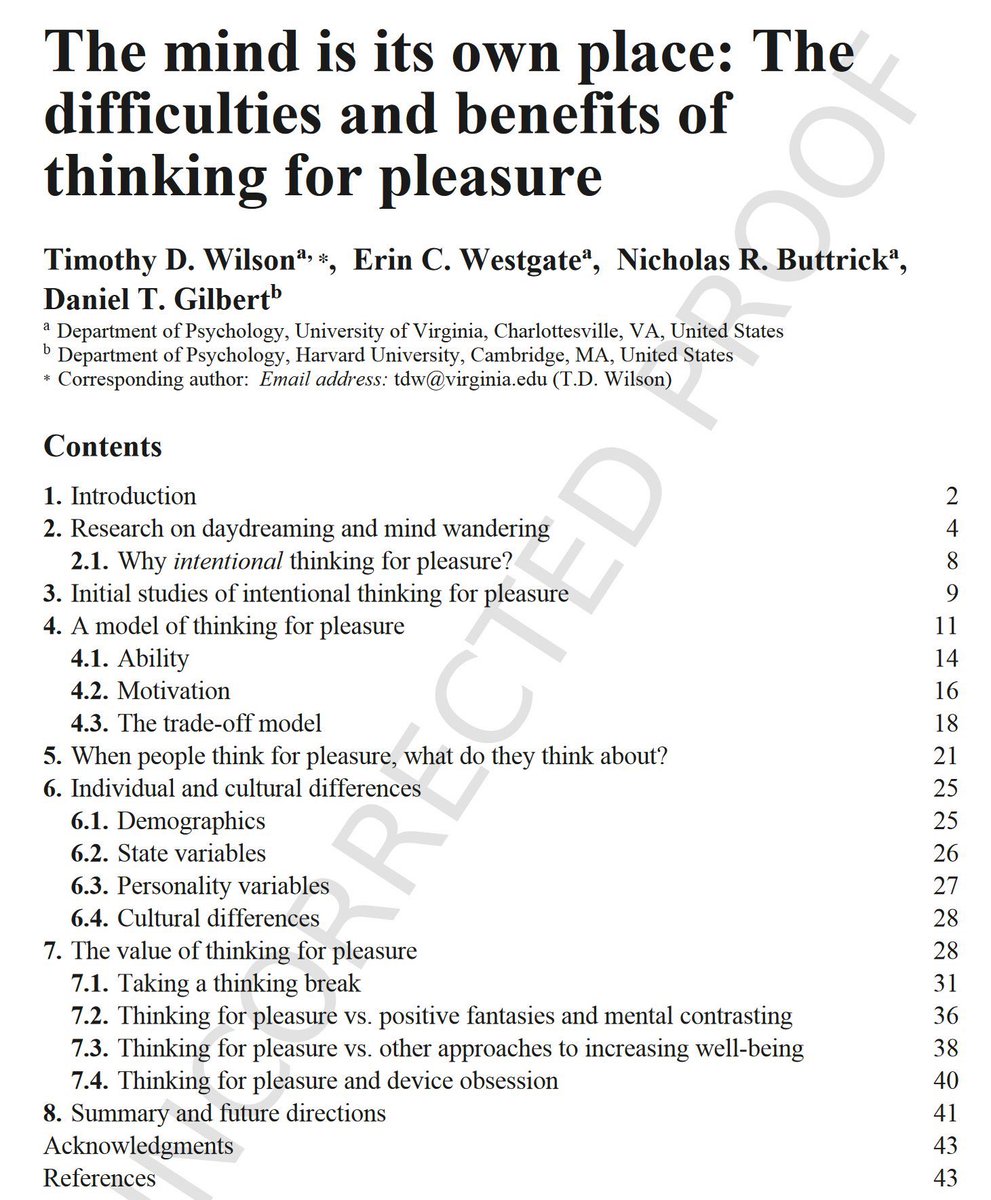
Researchers left 17,000 wallets on the streets of 355 cities, some empty, some with money. Contrary to the predictions of economists, people everywhere were more likely to return wallets with money in them. But rates did vary from country to country. science.sciencemag.org/content/365/64… 

The researchers argue that people are more likely to return wallets with money because they don’t like to feel like thieves, something backed up by a second experiment where they added even more money (the “BigMoney” condition in the graph) to some of the wallets. 



As for some of the differences between countries, the researchers explored it in an appendix. Though the analysis was weak (it was posthoc & based on correlations with lots of confounds), it suggested that universal education & democratic institutions are linked to civic honesty. 

A few answers to questions from the paper:
1) some countries were not visited because of legal concerns, like visas & cash transfer laws. The highlight shows what happens when they misjudged.
2) the amount of cash was ~$13.50, adjusted for purchasing power & in local currencies.
1) some countries were not visited because of legal concerns, like visas & cash transfer laws. The highlight shows what happens when they misjudged.
2) the amount of cash was ~$13.50, adjusted for purchasing power & in local currencies.

More questions answered (the paper is well-written if you want to get into details):
3)the method involved researchers turning in “wallets found on the street” to a employees at a variety of institutions (hotels, museums, etc)
4)you can see the predictions of economists in graph
3)the method involved researchers turning in “wallets found on the street” to a employees at a variety of institutions (hotels, museums, etc)
4)you can see the predictions of economists in graph

• • •
Missing some Tweet in this thread? You can try to
force a refresh




